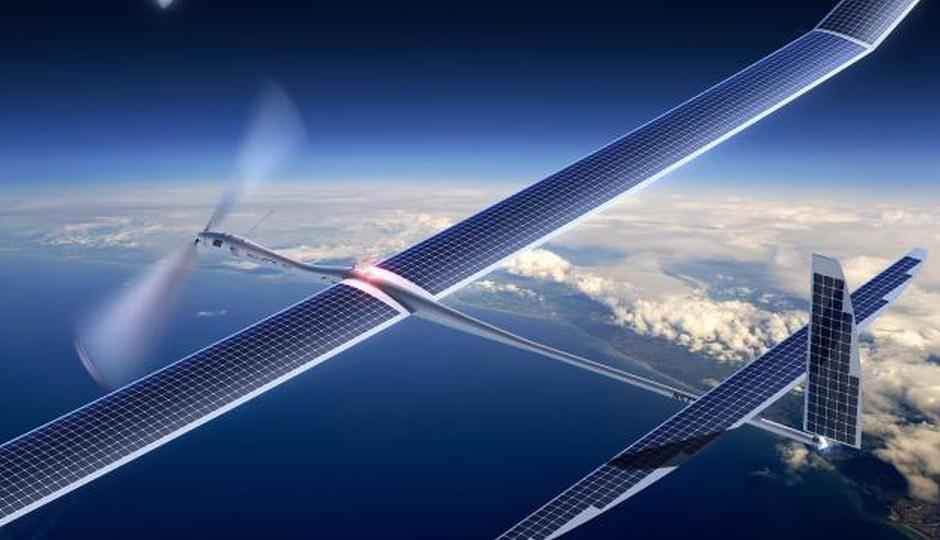Facebook tests ‘Aquila’ drone

Facebook's CEO Mark Zuckerberg claims successfully testing of a wide-winged, solar-powered drone that will deliver wireless internet service to remote areas.
Facebook has confirmed the successful test flight of a drone prototype dubbed “Aquila” in Britain. The drone is a part of the internet.org project by Facebook to bring online access to billions of people in remote areas.
The 'Aquila' drone is a smaller drone about one-tenth the size of the planned solar powered models. Facebook's chief technology officer, Mike Schroepfer stated at the social network's annual gathering of developers in San Francisco that the drone has a wingspan greater than that of a Boeing 737 passenger jet and weighs as much as a small car. He added that drones powered by the sun will be able to fly at altitudes of 60 000 feet or higher for months continuously. “The idea is to loiter over an area for months at a time and beam down internet service,” Schroepfer said.
Schroepfer added that connecting everyone to the internet is one of the core challenges Facebook intends to tackle over the next few years. He added that anywhere from one billion to three billion people lack internet access, and the company aims to make massive data centers to provide online services to all of those people.
Zuckerberg said in a post on his Facebook timeline, “Aircraft like these will help connect the whole world because they can affordably serve the 10 percent of the world's population that live in remote communities without existing internet infrastructure.”
Apart from Facebook, rival Google has also been experimenting with drones to bring internet access to less developed of remote areas. The internet giant has been working with high-altitude balloons and has had a program to deliver Internet access from orbiting satellites.
Recently, Richard Branson CEO of Virgin Galactic invested in OneWeb's multi billion dollar plan to provide satellite-based Internet access globally. According to reports Virgin Galactic's LauncherOne system will put OneWeb's satellites into orbit. Branson stated in a blog post that initially 648 satellites, costing $2 billion will be launched and the number will be increased to 2400 in a few years.
Source: WSJ
Silky Malhotra
Silky Malhotra loves learning about new technology, gadgets, and more. When she isn’t writing, she is usually found reading, watching Netflix, gardening, travelling, or trying out new cuisines. View Full Profile





